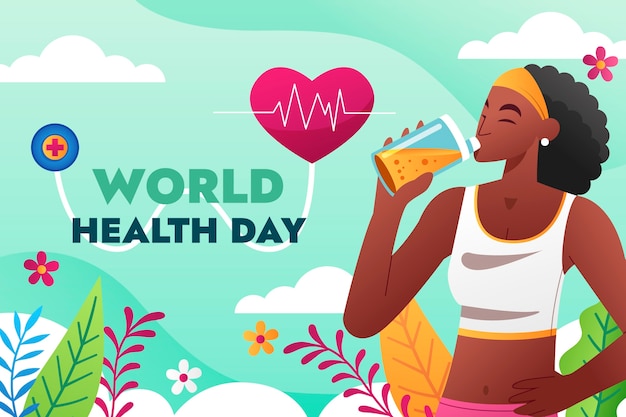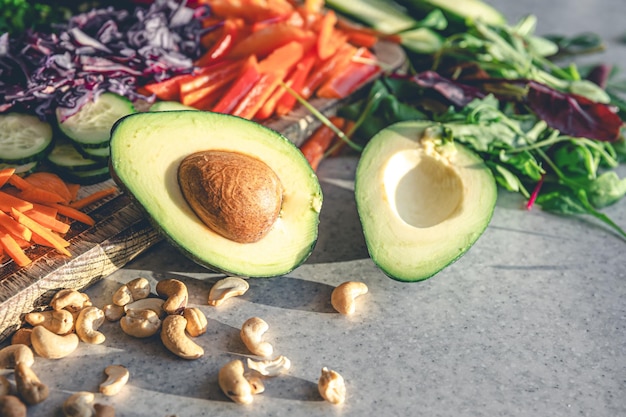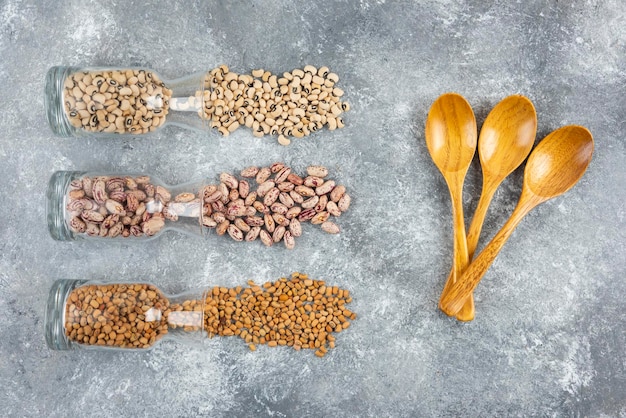30 Heart-Healthy Hydration Hacks: Simple Steps to Boost Heart Health & Stay Optimally Hydrated
Staying hydrated isn’t just about quenching thirst—it’s a cornerstone of cardiovascular wellness. Proper hydration supports blood circulation, helps regulate blood pressure, and reduces strain on the heart. Yet, many people overlook how hydration directly impacts heart health. This guide delivers 30 actionable, science-backed strategies to hydrate better while supporting your heart, complete with clear progress checks to track your success.
Why Hydration Matters for Heart Health
When your body is dehydrated, your blood volume decreases, forcing your heart to work harder to pump oxygen-rich blood. Chronic dehydration may contribute to elevated heart rate and increased blood pressure—both risk factors for heart disease. Staying well-hydrated helps maintain electrolyte balance, supports vascular function, and improves overall cardiovascular efficiency.

30 Actionable Ways to Hydrate Better for a Healthier Heart
- Start your day with a glass of water – Rehydrate after sleep. Progress check: Track for 7 consecutive days.
- Infuse water with heart-healthy fruits – Add lemon, berries, or cucumber for flavor without sugar.
- Set hourly hydration reminders – Use phone alerts or smartwatch notifications.
- Use a marked water bottle – Aim to finish by certain times (e.g., half by noon).
- Drink a glass before each meal – Enhances hydration and may aid digestion.
- Limit sugary and caffeinated drinks – They can dehydrate and negatively affect heart health.
- Choose herbal teas – Caffeine-free options like hibiscus tea may support blood pressure regulation.
- Eat water-rich foods – Include cucumbers, watermelon, oranges, and celery in your diet.
- Monitor urine color – Pale yellow indicates good hydration.
- Hydrate before, during, and after exercise – Even mild activity increases fluid needs.
- Adjust intake in hot weather – Increase water consumption when temperatures rise.
- Use a hydration app – Log daily intake and receive personalized goals.
- Avoid alcohol excess – It dehydrates and stresses the cardiovascular system.
- Include electrolyte-rich drinks when appropriate – Especially after intense workouts (opt for low-sugar versions).
- Drink room-temperature water – Easier on digestion and more appealing in colder months.
- Pair hydration with daily habits – Drink after brushing teeth or checking emails.
- Keep water visible – Place a bottle on your desk or kitchen counter.
- Track daily intake – Aim for at least 8 cups (64 oz), adjusting for activity and climate.
- Use a straw – Encourages more frequent sipping.
- Choose BPA-free bottles – Supports overall health and reduces chemical exposure.
- Drink warm water with lemon in the morning – Supports digestion and hydration.
- Limit processed foods – High sodium content increases thirst and fluid retention.
- Monitor for dehydration signs – Dry mouth, fatigue, dizziness, or headaches.
- Hydrate slowly, not all at once – Sipping is more effective than chugging.
- Include soups and broths – Especially low-sodium vegetable or bone broth.
- Customize your hydration plan – Consider age, weight, activity level, and health conditions.
- Stay consistent on weekends – Avoid skipping habits during off days.
- Join a hydration challenge – Engage with friends or apps for motivation.
- Review weekly progress every Sunday – Note improvements and adjust goals.
- Celebrate milestones – Reward 7-day or 30-day streaks with non-food treats.
How to Track Your Hydration Progress
Consistency is key. Use these simple tools to monitor your hydration journey:
- Daily journal or app log – Record ounces consumed.
- Weekly self-assessment – Rate energy levels, skin moisture, and focus.
- Urine color chart – Use a printable guide to visually assess hydration.
- Heart rate tracking – Notice if resting heart rate stabilizes with better hydration.

Supporting Heart Health Beyond Hydration
While hydration is vital, it works best alongside other heart-healthy habits: regular physical activity, a diet rich in whole grains and antioxidants, quality sleep, and stress management. Combining these with consistent hydration amplifies benefits and supports long-term cardiovascular resilience.
Final Thoughts
Improving hydration doesn’t require drastic changes. By integrating small, sustainable habits from this list, you can significantly enhance both your fluid balance and heart health. Start with 3–5 strategies, track your progress, and gradually build a routine that keeps your heart and body functioning at their best.
Remember: Optimal hydration is a daily commitment—one glass at a time.
















